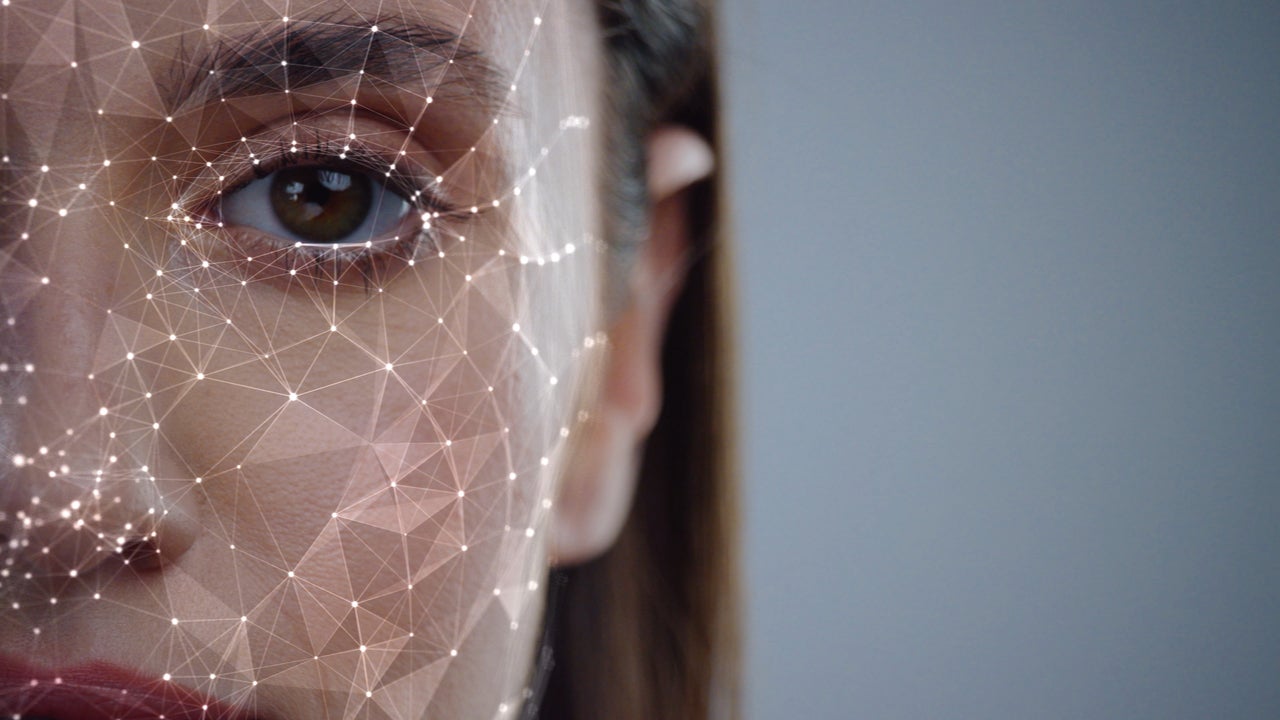
Facebook is scrapping its Face Recognition technology and deleting more than one billion users’ facial recognition templates in a move welcomed by privacy advocates – but one which will come at little cost to the social media giant.
Facebook, which recently rebranded itself as “Meta”, said on Tuesday that Face Recognition will be shut down in the “coming weeks”. It comes as part of a “company-wide move limit the use of facial recognition” in its products.
It means people who agreed to the service will no longer be automatically recognised in images uploaded to Facebook. Blind and visually impaired people using image description service Automatic Alt Text will no longer be told the names of people recognised in images.
“There are many concerns about the place of facial recognition technology in society, and regulators are still in the process of providing a clear set of rules governing its use,” Jerome Pesenti, Facebook vice president of artificial intelligence, said in a blog post. “Amid this ongoing uncertainty, we believe that limiting the use of facial recognition to a narrow set of use cases is appropriate.”
Facebook hasn’t ruled out using facial recognition for “narrower forms of personal authentication”. This could include identity verification for regaining access to a locked account.
The company also said it would move towards facial recognition that matches with an image stored on a person’s device, rather than a face print held in an external database. This method is currently used to unlock smartphones, such as Apple’s Face ID feature.
How well do you really know your competitors?
Access the most comprehensive Company Profiles on the market, powered by GlobalData. Save hours of research. Gain competitive edge.

Thank you!
Your download email will arrive shortly
Not ready to buy yet? Download a free sample
We are confident about the unique quality of our Company Profiles. However, we want you to make the most beneficial decision for your business, so we offer a free sample that you can download by submitting the below form
By GlobalDataFacebook said it will keep DeepFace, the AI system trained to identify faces.
Laura Petrone, principal analyst in the thematic research team at GlobalData, told Verdict that facial recognition could one day be a “key technology” in Facebook’s ambition to become a metaverse company.
Is Face Recognition a big loss for Facebook?
Facebook introduced facial recognition tagging in December 2010 to speed up image tagging for users by providing suggestions based on a scan of users’ faces.
Facebook said more than a third of its daily active users – around 643m people – have opted in to be recognised by Face Recognition, which notifies them if a picture of them is uploaded to the platform.
That makes it one of the largest repositories for tagged images in the world, which has caused concern among privacy advocates about what Facebook could do with the technology and this database. Images on Facebook have also been scraped by smaller companies to train their own facial recognition systems.
But unlike IBM, Amazon and Microsoft, Facebook has never sold its facial recognition software to third parties. As such, it does not draw in any direct revenue from the technology.
“I don’t think the move will have any significant impact on its finances, as the bulk of the company’s revenue comes from advertising – not from the face-tagging system,” Laura Petrone, principal analyst in the thematic team at GlobalData, told Verdict.
The company’s most recent quarterly results showed total revenue of $29bn, with $28.3bn of that generated by advertising.
Instead, some see Facebook’s retirement of facial recognition as a means to generate some good publicity amid intense public scrutiny. Last month former Facebook employee Frances Haugen leaked thousands of internal documents showing the firm was more lenient to celebrities, had a slow response to posts about human traffickers and that it knew Instagram was “toxic” for teenagers.
Since then Haugen has appeared before lawmakers in the US and UK to answer questions about Facebook’s policies.
“Facebook is trying to mend its reputation but at the same time its move comes rather late,” said Petrone, pointing out that Microsoft deleted its database of 10 million faces in 2019.
And last year Amazon, IBM and Microsoft limited or banned the sale of facial recognition software to law enforcement in the wake of protests against racism and police brutality.
Despite Facebook keeping Face Recognition confined largely to photo tagging, the technology has still at times been a thorn in its side.
In February, the social media giant paid $650m to settle a class-action privacy lawsuit for allegedly using its facial recognition software for face-tagging without the permission of nearly 1.6m users in Illinois.
Jay Edelson, the Chicago attorney who filed that lawsuit, said via Twitter that Facebook scrapping facial recognition was a “big win for privacy advocates”.
And when the Federal Trade Commission hit Facebook with a $5bn fine for privacy violations, it cited facial recognition technology as an area where Facebook needed to implement additional safeguards.
More broadly, facial recognition has faced a growing backlash for its use in surveillance systems – particularly its use by authoritarian governments. China, for example, drew wide international condemnation over its use of facial recognition technology to track and control the Uighurs, a largely Muslim minority.
“Facebook’s announcement apart, there’s increased awareness among tech companies that facial recognition can be inaccurate and invasive in processing personal data and that its usage becomes especially problematic when it comes to enforcement agencies,” said Petrone. “In cases where misidentification can lead to arrest or incarceration, the level of accuracy must be of the highest possible to avoid incredibly damaging mistakes being made.”
Pesenti added: “Every new technology brings with it potential for both benefit and concern, and we want to find the right balance. In the case of facial recognition, its long-term role in society needs to be debated in the open, and among those who will be most impacted by it. We will continue engaging in that conversation and working with the civil society groups and regulators who are leading this discussion.”




